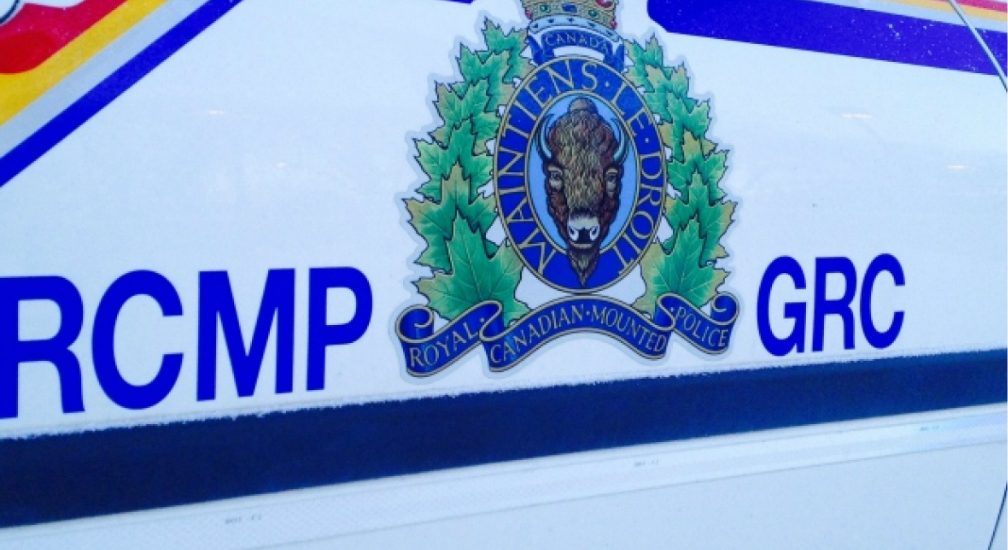
KJIPUKTUK (Halifax) – The RCMP is refusing to join the Halifax Regional Police in apologizing for the damage done by its racist street checks, Michael Tutton of the Canadian Press reports.
In an email to The Canadian Press the agency “acknowledges the disproportionate harm that street checks have caused to marginalized communities, particularly African Nova Scotians,” Tutton reports. “However, we are also part of the broader RCMP, and RCMP national policy still supports the use of street checks as a policing tool.”
How you can recognize that what you were doing in Halifax is harmful but not apologize because you continue to do it elsewhere, that’s something I find hard to understand.
But then again, Halifax Regional Police did apologize, but found ways to continue the practice despite the provincial ban.
See also: Loophole allows illegal street checking practice to continue in Nova Scotia
In Halifax we have a Board of Police Commissioners that doesn’t provide the required oversight of Halifax Regional Police and RCMP in HRM. After all, it was a journalist, and not a Police Commissioner who got the ball rolling on street checks in the city.
But lately, in Halifax at least, there are citizens, journalists and advocacy groups who report and comment on all of the Board’s inactions.
For me the RCMP’s refusal to apologize serves as a reminder that that same RCMP continues to police pretty well all of rural Nova Scotia’s towns and municipalities.
And it does so without real scrutiny. With journalists becoming a scarce commodity in the province, that’s only going to get worse.
We got a bit of a taste of what these rural policing experiences are like in Lynn Jones’ encounter with Truro police, and in those parts of the Wortley report that deal with the experiences of Black people in Lucasville, the Prestons, and elsewhere.
A year ago I spoke with Jessica Bundy, a young African Nova Scotian academic who documented stories of Black residents of the Town of Digby and surrounding area while writing ‘Nova Scotia’s Best Kept Secret’: African Nova Scotian Perceptions of the Police in Digby for her MA thesis at Acadia University in 2017.
See also: Policing Black lives in rural Nova Scotia
Of the nine Black residents Bundy interviewed, when asked if they felt that all members of Digby, Black and white, are treated the same by police, eight answered no. Several participants also stated they would not call the police, no matter how severe the situation was.
There’s no reason to think policing elsewhere in Nova Scotia is much different. And that’s a terrible thing.
Check out our new community calendar!
With a special thanks to our generous donors who make publication of the Nova Scotia Advocate possible.
Subscribe to the Nova Scotia Advocate weekly digest and never miss an article again. It’s free!



